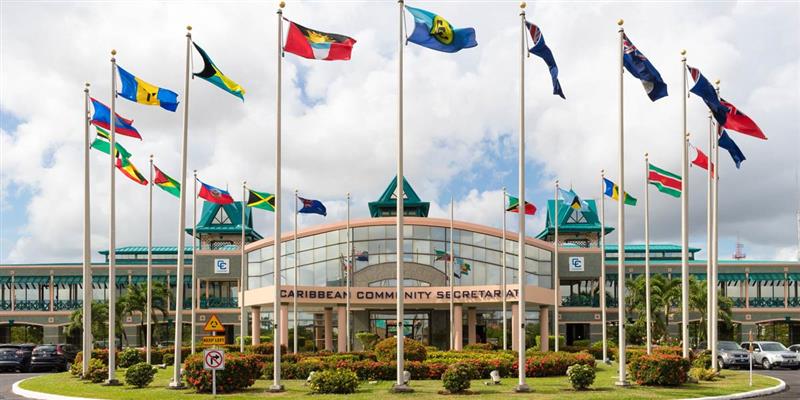On 9 February 2022 the IMF published a report following discussions with Morocco under Article IV of the IMF’s articles of association.
After contracting in 2020, the economy is estimated to have grown by 6.3% in 2021. GDP growth is projected to be around 3% in 2022, and growth is expected to stabilize around 3.5% in the medium term. The outlook is still uncertain, depending on the course of the pandemic. Effective implementation of structural reforms would lead to greater growth over the medium term.
As Morocco already has high levels of debt, there is a need for revenue measures that can finance the necessary structural reforms. The tax system needs to be updated and there is already a framework law, approved in July 2021, that would extend the tax base and increase medium term revenues by up to 2% of GDP.
The report notes that important features of the tax reform include reducing VAT exemptions and imbalances arising from different treatment of imported and domestic products, to improve neutrality. The reform would also reduce the number of tax rates; reduce the number of tax exemptions; harmonise the various preferential tax regimes; make personal income tax more progressive and extend the tax base. The implementation of the Single Professional Tax could be improved to increase the formalization of self-employment and the liberal professions.
The IMF notes that new ways of taxing wealth, such as a tax on inheritances over a specified threshold, would raise more revenue. Also, the introduction of a carbon tax would improve tax progressivity and would facilitate the transition to a green economy, in addition to raising more revenue.
The structural reform agenda must include the development of the Moroccan private sector. A system should be created where resources are allocated to sectors with potential for high added value and employment creation, which could be done with the help of tax incentives. Reforms for the private sector should also reduce bureaucracy, strengthen the regulators, reduce business costs and aim to increase the quality of human and physical capital.
In facilitating development of the private sector, the government must address the most evident cases of policy and market failures, analysing the cost and benefits of intervention and taking into account the socioeconomic returns and budgetary impact of each measure. This should be done in particular in the case of the proposal to create new special economic zones to attract international investors.
If the private sector is developed further and measures are taken to facilitate the development of human capital, Morocco can take more advantage of its integration into global value chains by shifting to higher value-added production.












